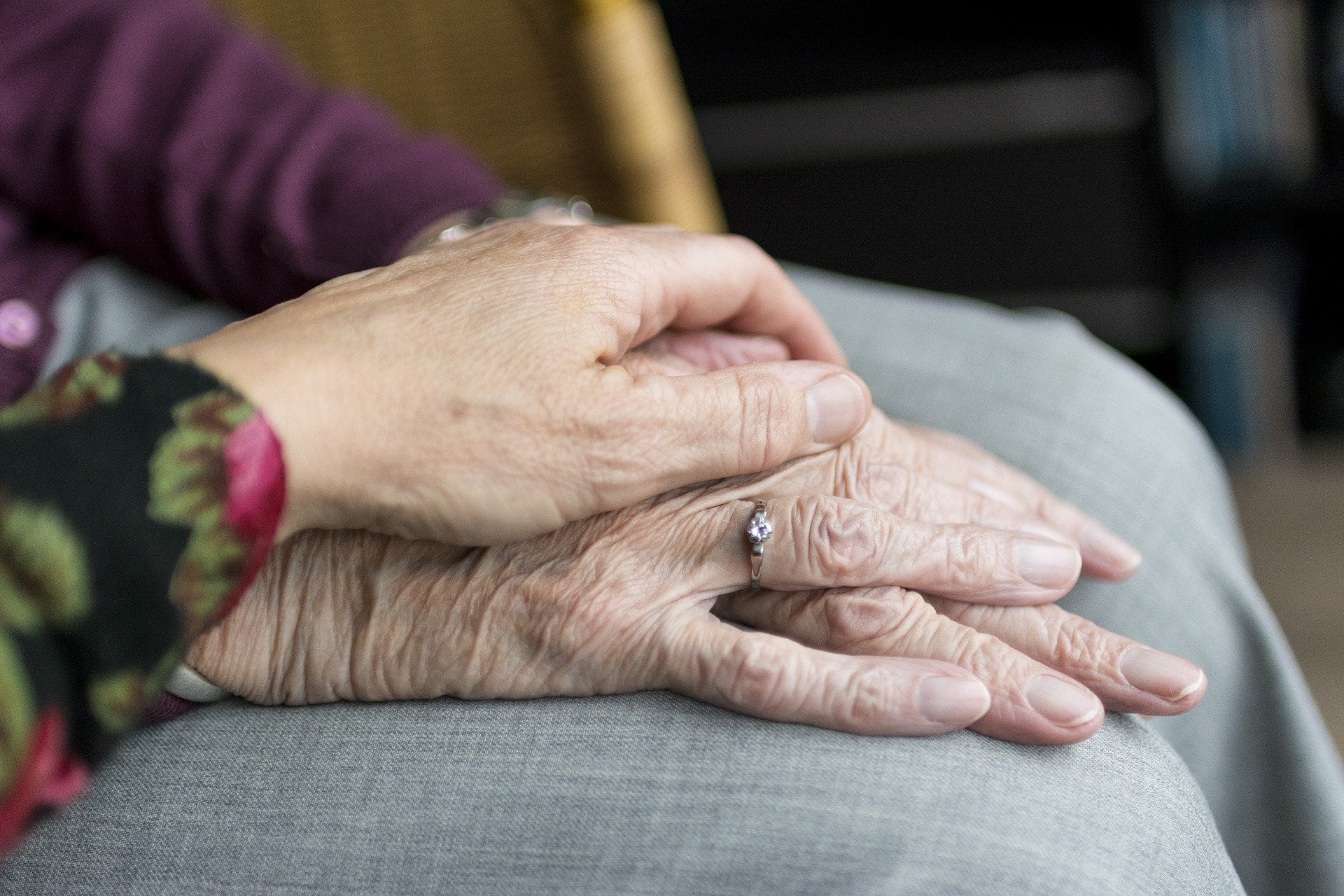What is a Care Home Assistant Practitioner?

Care Home Assistant Practitioners provide care home residents with high quality clinical care and help to take the pressure off nurses.
The care home assistant practitioner (CHAP) role is flexible enough for individuals to complete further training to take on a band 4 role, working just below registered nurses.
Assistant practitioners have become an essential part of the care team in care homes, and demand for them continues to grow.
With that in mind, training as a care home assistant practitioner is an ideal step up for care assistants looking for their next challenge.
What is a care home assistant practitioner (CHAP)?
A care home assistant practitioner’s role is to provide care for adults living in care homes.
CHAPs bridge the gap between the role of a care assistant and a nurse, allowing them to provide additional support to care home nurses. While they are not registered practitioners like nurses, their high level of training allows them to carry out a lot of the same tasks.
CHAPs are usually experienced care assistants who have completed an appropriate training course. The additional knowledge permits them to get more involved in the management and clinical side of a resident’s care.
CHAPs always work under the direction of registered colleagues. but are also able to carry out the tasks they have been trained in without supervision.
What do care home assistant practitioners do?
CHAPs continue to deliver outstanding levels of care to residents while also taking a more active part in the clinical and management side of their care.
Some of the additional responsibilities that CHAPs are trained to carry out include:
- Administer and manage medication.
- Write care plans.
- Clinical observations.
- Tissue viability, dressings wounds and pressure relief.
- Social, therapeutic and rehabilitative care.
- Catheter and stoma care.
- Canulation/ECG/venepuncture.
- Diabetes management and blood sugar monitoring.
What skills are required to be a CHAP?
Becoming a care home assistant practitioner is an ideal career path for experienced care assistants who are enthusiastic about furthering their clinical knowledge and skills.
To become a CHAP, you will be required to complete an intensive training course and assessments, so self-motivation is an important skill to possess.
Once training has been completed, CHAPs are more involved in the management of a resident’s medication and clinical care, so confidence and leadership skills are also important.
Other skills that are beneficial to the role include:
- Able to work as part of a team.
- Confident using own initiative.
- Caring nature.
- Methodical.
- Excellent communication skills.
- Excellent organisational skills.
Why are care home assistant practitioners in demand?
CHAPs have been in high demand ever since the role was first introduced. Their part has proved to be invaluable in the care sector due to a national shortage of nurses.
Training existing staff to take on the role of CHAPs also makes good business sense because it is simpler and more cost-effective than trying to recruit more nurses.
Shortage of nurses
There is a national shortage of nurses in the care sector. In response, the care home assistant practitioner role was developed to give other members of staff the skills and knowledge required to take on some of the nurses’ responsibilities.
Avoid using agency staff
Without CHAPs, many care homes are forced to bring in agency staff to address the shortage of nurses. This can cause inconsistencies in the way residents are cared for.
Provide a consistently high level of care
Training existing care staff is preferable because it allows the care home to provide its residents with consistently high levels of care from familiar, friendly faces. Training up your own staff, rather than using agency stand-ins, means you can tailor the care for your residents better because your employees will already have built up a relationship with them and be familiar with their likes and dislikes.
Retain staff
In an industry that is struggling with skills shortages, retaining existing staff is important. Offering care assistants the opportunity to gain more skills and progress their careers can help to increase job satisfaction.
Why train to be a care home assistant practitioner?
Training to become a care home assistant practitioner is an attractive career progression for many care assistants.
A new challenge – When you feel you’ve learnt as much as you can in your role as a care assistant and need a new challenge, training to become a CHAP will allow you to develop new skills and knowledge.
Progress your career – Training as a CHAP is a natural career progression from care assistant and can help you to gain transferable skills and knowledge that could benefit your career later down the line should you wish to move into nursing or management.
Greater job satisfaction – Challenging yourself, learning new things, and progressing in your career can help you to feel more confident, fulfilled and satisfied in your work.
Salary – Gaining more training and qualifications to help you to take on more responsibilities at work will also mean moving up the pay scale.
How to become a care home assistant practitioner
There are many different programmes and courses available for training to be a CHAP. The training is generally completed over the course of seven to 12 weeks, depending on the training provider and frequency of lessons.
Here at CBAT, we provide a comprehensive, professional, and flexible seven-day CHAPs training course that is completed over the course of seven weeks.
Our high-quality training courses are delivered by qualified tutors with extensive, relevant practical experience. We also provide a bespoke service, tailoring your course to your individual needs.
We offer both face-to-face teaching and convenient online teaching using virtual classrooms. For more information, either book online or speak to a member of our team by calling 01772 816922.